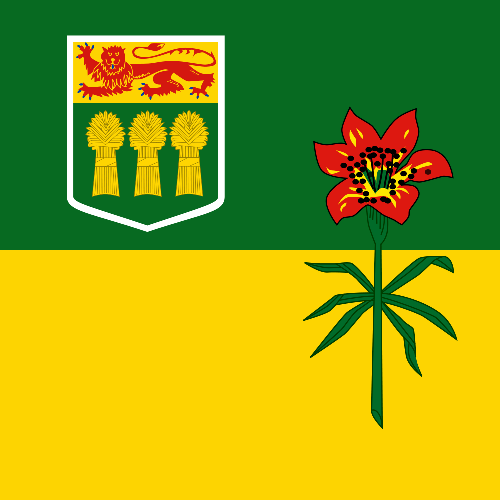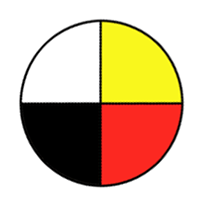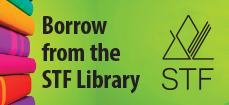Compose and create a range of visual, multimedia, oral, and written texts that explore and present thoughts on:
- identity (e.g., Feelings)
- community (e.g., Neighbourhood)
- social responsibility (e.g., Plants and Trees).
| (a) |
Use words, symbols, and other forms, including appropriate technology, to express understanding of topics, themes, and issues related to identity, community, and social responsibility. |
| (b) |
Dictate to another person and compose stories that tell personal feelings, ideas, experiences, opinions, observations, and reactions. |
| (c) |
Create stories, explanations, poems, and dramatizations using known patterns and later developing own patterns. |
| (d) |
Create stories and short informational texts of several sentences to communicate ideas and information about self, others, and the natural and constructed environments. |
| (e) |
Use inquiry to explore a question or topic of interest related to the themes and topics being studied:
|







This video's controlled vocabulary, simple sentence structures, and chapter segments make it an ideal choice for emergent readers. Youngsters will be drawn to the cartoon-like animations and quirky story, which offers possibilities for sequencing, predicting, and character analysis. Thematically, this tale could be used for discussions about exotic pets, unusual friendships, families, and overcoming obstacles. From a science perspective, opportunities abound for the study of flies and other insects, particularly those considered pests. Buzz, who is outfitted with a butterfly net, hard hat, and insect jar, will introduce students to the naturalist's world.
This document will assist individuals and communities to engage in meaningful discussions and actions to respond to the experiences, perspectives and needs of students and families who are gender and/or sexually diverse (GSD).
Content includes:
- Gender and Sexual Diversity
- First Nations and Métis Ways of Knowing
- Assumptions, Privilege and Oppression
- Comprehensive School Community Health (CSCH)
- CSCH Approach to Creating Inclusive Schools





